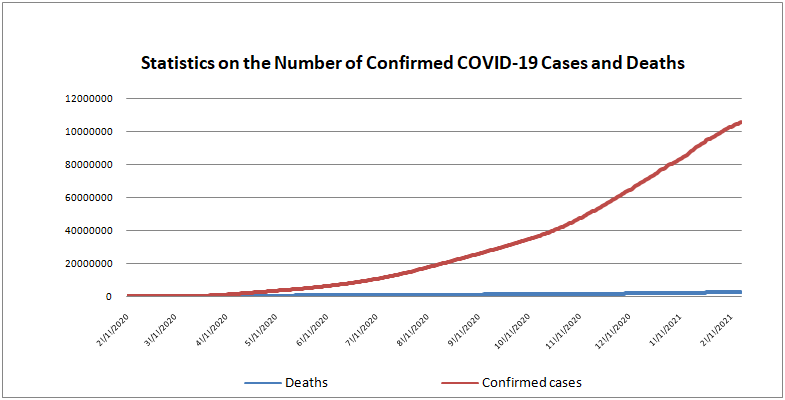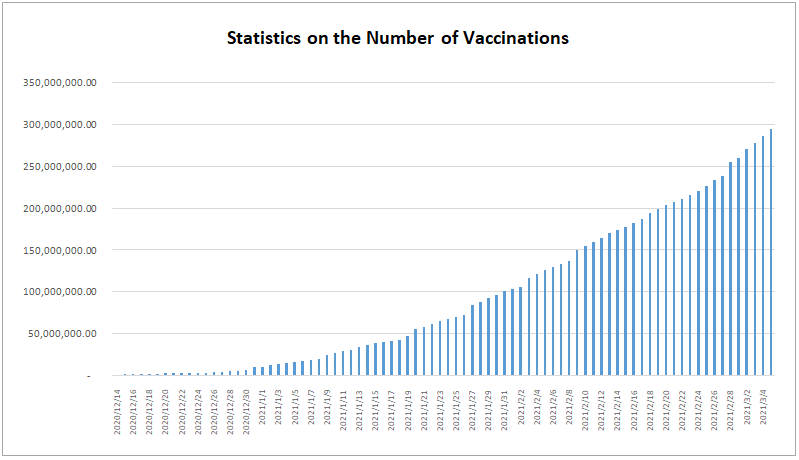The Present and Outlook of Tourism Under the COVID-19 Pandemic
Time:2022/01/05 BJT
1. Key concerns
Ms. Zoritsa Urosevic, the World Tourism Organization (UNWTO)’s Executive Director and Representative to the United Nations in Geneva, described the shock on the world tourism by the COVID-19 pandemic and introduced the resilience and outlook of the industry in a recent interview.
In 2020, global tourism faced unprecedented losses as the COVID-19 surged around the world. Urosevic stated that 70% of the decline in global GDP in 2020 was caused by the stagnating tourism, resulting in a total economic loss of about $6 trillion. After more than three decades of growth, global tourism has come to a standstill due to the COVID-19 pandemic. However, as the tourism ecosystem covers a very wide scope, it is not only limited to the tourism industry, but many other industries and sectors that depend on tourism for their development have also suffered fatal blows.
Countries (regions) take different hits and adopt different measures in the face of crises. Developed countries are better prepared to support the affected industries with financial packages to help the related industries, small and medium enterprises, and employees, aiming to preserve their jobs. Developing countries, however, have been hit even harder. Urosevic noted that some countries (regions) shifted from developing cross-border tourism to focusing on domestic tourism during the pandemic to reduce losses in the industry, but it is not feasible to those where tourism is the mainstay of the economy. For these countries (regions), the recovery in the tourism industry is the only way to rebound the economy.
Tourism industry has been posed the most shocks by the COVID-19 pandemic, and it is vital to support the recovery of the industry. Urosevic believed it’s more reasonable for countries to work together to formulate and comply with safe travel regulations in an open and transparent manner, based on facts and scientific data to fight against the pandemic than to implement travel bans. The UNWTO calls on all countries (regions) to the harmonize Safe Travels Protocol and work with international organizations to promote the introduction of unified industry safety guidelines for tourism recovery.
2.Briefing on COVID-19 Pandemic(Issue No.174)
According to WHO statistics, calculated numbers of confirmed COVID-19 cases and deaths reached 281,808,270 and 5,411,759 by December 29, 2021. The US, the UK, France, Spain and Italy, were the five countries (regions) with the highest number of new confirmed cases in the past seven days. The US, Russia, Poland, India and Germany were the five countries (regions) with the highest number of new deaths in the past seven days.

https://covid19.who.int/
WHO warned against blanket boosters in rich countries spooked by the emergence of the Omicron variant, which could prolong the pandemic. Statistics from Our World In Data, an online research site of the University of Oxford, presented that 9,077,460,291 doses had been administered by December 28, 2021. On December 22, 2021, the WHO Director-General Tedros told during a briefing that with the emergence of the Omicron variant, the mass vaccine programs for countries that can afford booster doses will exacerbate the vaccine inequity between countries (regions) according to the New York Times. The inequity of vaccine supply will give the virus more opportunity to spread and mutate. The Director-General Tedros reminded countries (regions) that by the end of a year since the first vaccines were administered, 3 in 4 health workers in Africa remain unvaccinated, and criticized countries (regions) rolling out blanket COVID-19 vaccine booster programs. Meanwhile, he called on countries (regions) not to see boosters as a “ticket” to go ahead with celebrations but to continue to require those who have been vaccinated to strictly comply with precautions measures to achieve the goal of “ending the COVID-19 pandemic” in the new year.

https://ourworldindata.org/covid-vaccinations
In terms of the restrictive measures taken by countries (regions), countries (regions) continued to take restrictions against the Omicron variant. In America, on December 29, the US White House announced the sending of more supplies and personnel to states due to the shortage of medical supplies and health care workers as the COVID-19 surges. In Europe, the Spanish Ministry of Health announced on December 30, 2021, that it will again extend the ban on non-essential travel from non-Schengen countries. On December 29, the French government announced that to avoid further spread of the Omicron variant, France will implement a stricter restriction policy on the COVID-19 pandemic starting the first week of next January according to which people presenting only a negative COVID-19 test will no longer be allowed to enter some public places or engage in certain public activities. In Oceania, Australia held a national cabinet meeting on December 30 and announced that it would redefine a “close contact” of COVID-19, setting the threshold at “four hours of contact with a positive case within a household setting”, in a bid to achieve a national uniform terminology of the pandemic policy. In Asia, Japan’s Ministry of Health, Labour and Welfare officially approved a new oral antiviral pill called “Molnupiravir” on December 24, which will be available in some medical institutions since December 27. According to the Japanese media, the government will pay for the drug which is available for patients at no cost. The Korea Disease Control and Prevention Agency said on December 29 that it plans to purchase 400,000 additional doses of an oral antiviral pill called Paxlovid in early January next year to fight against the serious COVID-19 pandemic.

